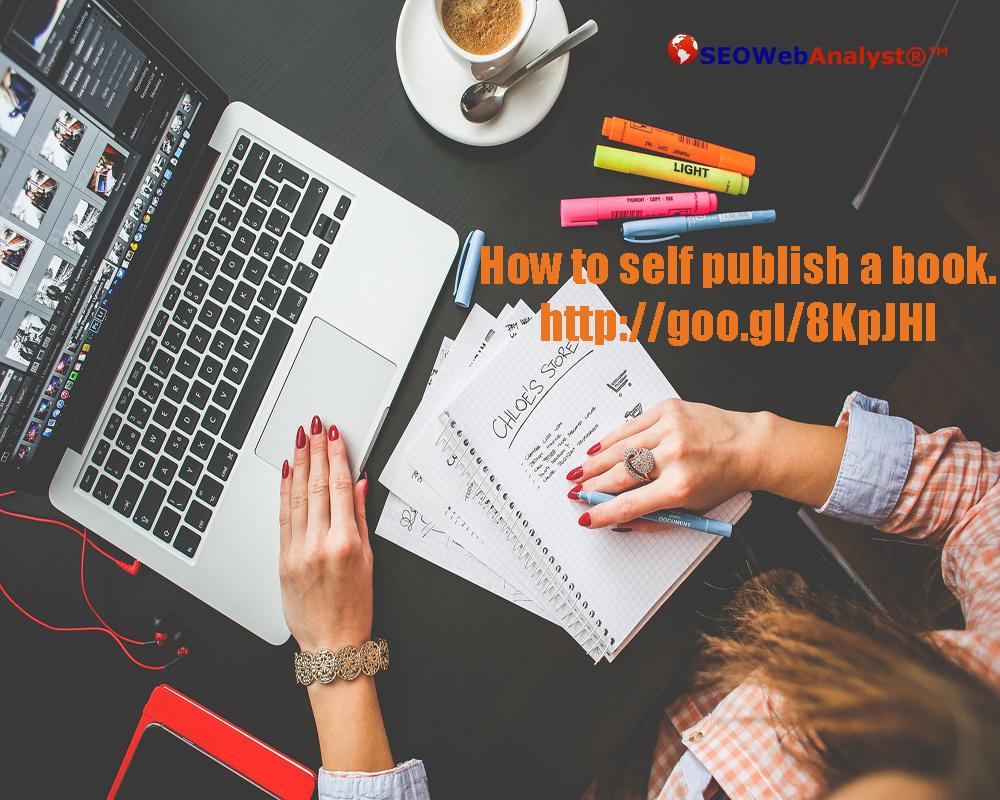

Project Gutenberg’s website at focuses on what we do best: careful digitization and free distribution of works for which copyright has expired.This is one of GetFreeEbook’s ongoing project to assist indie authors to find ways and methods on spreading the word of their works to the huge reading community out there. This is simply not up to par with modern publishing platforms. Another example is that our processes of putting new eBooks online is laborious, and is not a self-service process. For example, we do not accept works in Word or PDF (instead, master formats must include HTML, text, TeX and/or RsT).

Project Gutenberg’s website does not have, and will not have, the needed features and services for contemporary authors. Today, there are many more mechanisms for authors to distribute their works electronically.

As one of the earliest active sites for books, Project Gutenberg was a magnet for books in every possible format, and many copyrighted items were added with permission of the author. Michael Hart, Project Gutenberg’s founder, was a great believer in experimentation and pushing limits. Why did Project Gutenberg stop accepting contemporary works? Note that the World Library Foundation, which operates the self-publishing portal, has a helpdesk for support and any trouble you might encounter.

You can check status of your book upload, in your account dashboard (“My Uploads”). There are automated messages about this - be sure to check whether email messages land in your spam folder.ĭue to the size of the database at World Library, it can take a month or even longer for new items to be searchable. The review process takes a week or two, and then your author portal will be updated. The self-publishing portal accepts eBooks in PDF and other formats, and allows different types of licenses.


 0 kommentar(er)
0 kommentar(er)
